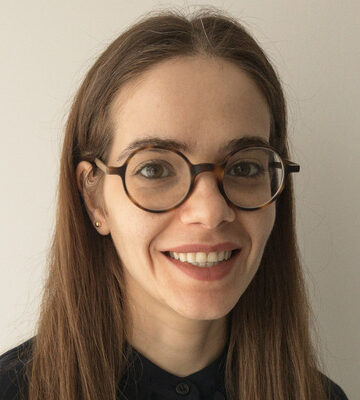Talks Inclusiveness
T-07: Equity and Inclusion in Curriculum and Design
Enhancing Universal Design Learning (UDL) through Integrating a Course-specific Chatbot
I will share my experience designing a first-year course in a specialized math field, integrating GenAI and guided by the principles from the UDL framework. GenAI helps me brainstorm applications in emerging fields to make the course more interesting and relevant, and build a course-specific Chatbot as an on-demand tutor. We will critically examine GenAI’s limits, both through reviewing its outputs, and having frontline professionals speak about their experiences working with AI. I will discuss ways to counterbalance the potential isolating learning experiences brought upon by GenAI, including a portfolio approach to students’ assessment which encourages collaboration and multiple means of expression.
Presenter(s)

Vicki Zhang
University of Toronto
Guidelines to Create an Inclusive Classroom for Neurodiverse Learners
In this presentation, we will showcase the teacher resources we are developing in our two- year project. These resources include teaching strategies and guidelines to support neurodivergent students in transitioning smoothly from high school to CEGEP and achieving academic success. We will also present the key learning and transition challenges we identified in the interviews we conducted with students and teachers from the Computer Science Department (John Abbott College) that directly informed the development of the resources. This project is a collaboration between a team from the Computer Science department at John Abbott College and Educational Technology at Concordia University, with funding from the Pôle Interordres de Montréal (PIM).
Incorporating Indigenous Knowledge on Environmental Sustainability into the Quebec Science Curriculum
Customarily, mainstream Western science and science education have tended to marginalize Indigenous knowledge (IK), which has alienated Indigenous students in science discourses and careers. Since respecting and sustaining the natural environment serve as the epistemological foundation of learning in Indigenous communities, infusing science curricula with IK will make learning culturally relevant to Indigenous students and foster their environmental stewardship. This presentation provides a critical analysis of the environmental sustainability content in the secondary environmental science and technology curriculum in Quebec. Specifically, it discusses ways to include IK in the curriculum. The study findings will benefit policymakers and science educators.
Presenter(s)

Charles Yeboah
McGill University, Montreal

Anila Asghar
McGill University, Montreal



